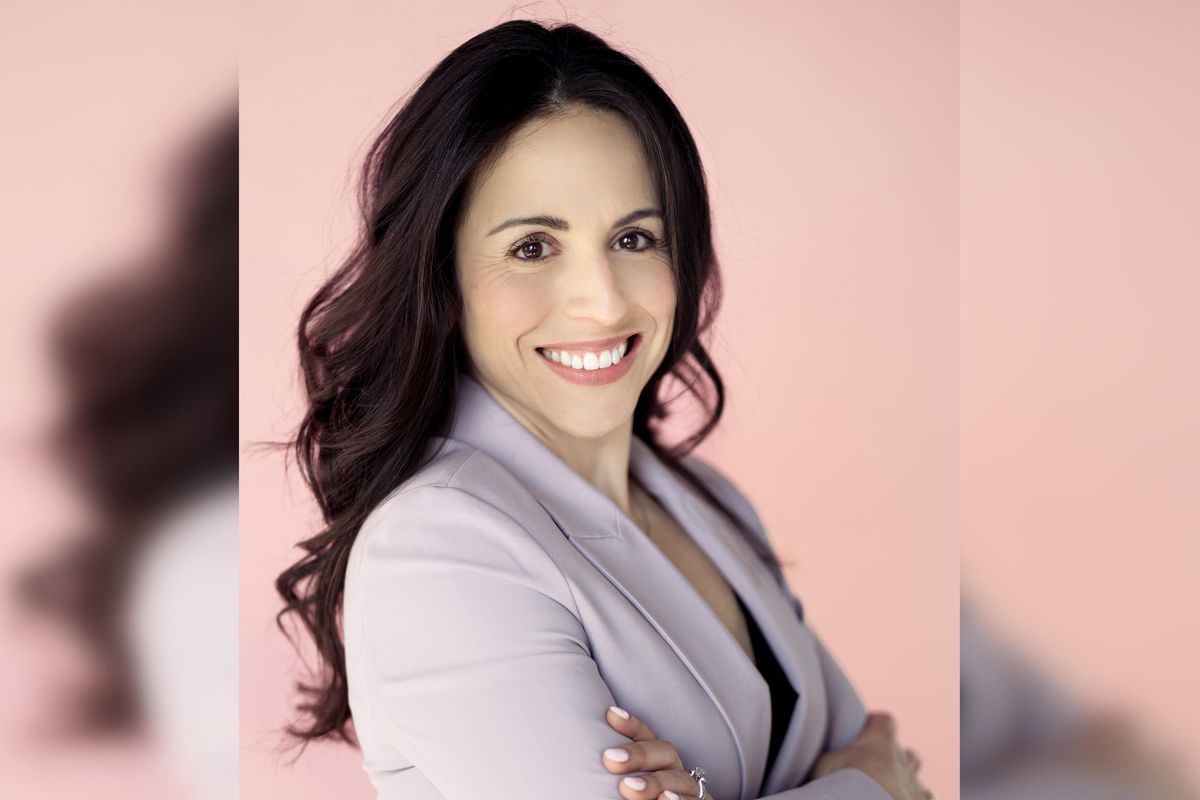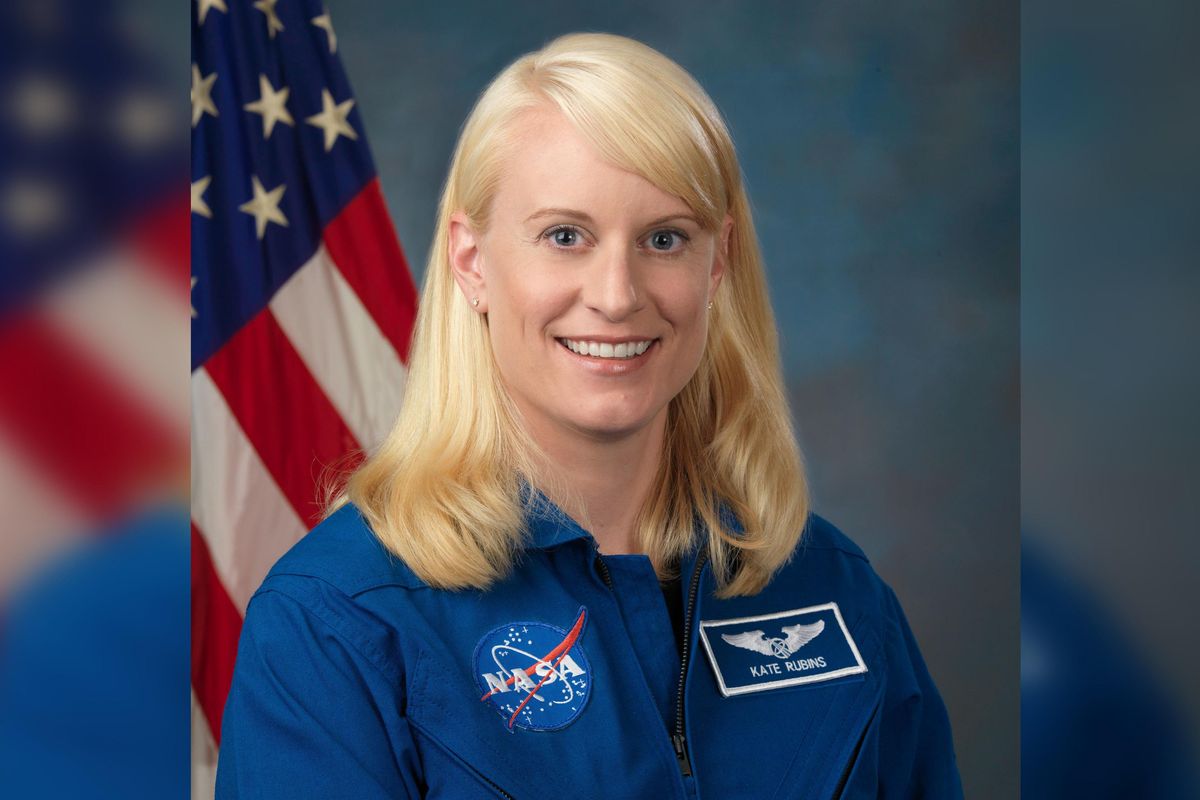We're on the other side of the hill that is Houston's summer, but the Bayou City's still hot in terms of innovation news, and there might be some headlines you may have missed.
In this roundup of short stories within Houston startups and tech, a Houston venture capital fund has made its latest investment, a hydrogen startup has raised fresh funding, accelerators open apps, and more.
Houston hydrogen startup closes $25M series B

This hydrogen company has fresh funding. Photo via utility.global
Utility Global, a Houston-based sustainable hydrogen company, has closed its series B round of funding to the tune of $25 million, Axios reports.
Houston-based private equity firm Ara Partners led the round. Other participating investors included: Samsung Ventures, NOVA, and Aramco.
Utility Global, founded in 2018, has developed a clean hydrogen solution. The proprietary tech — called the eXERO Technology Platform — includes a zero electricity process that converts sustainable waste streams into high-purity hydrogen. Additionally, the company developed its H2Gen Product Line that delivers customers reliable, low carbon, and high purity hydrogen, which offers unparalleled feedstock flexibility and highly competitive economics.
"Leveraging our industry-first eXERO™ Process, Utility Global is expanding into numerous industrial sectors," reads the company's website. "Whether it's next-gen fueling, green chemicals, or sustainable steel, Utility Global's products can meet your needs. Our ultra-high-purity hydrogen is also ideal for the electronics, food, and glass industries. In the steel industry, our waste-to-hydrogen offering converts waste-gases into pure hydrogen, enabling decarbonization of the steel making process.
Houston female-focused VC fund leads round of fintech company

The Artemis Fund — led by Diana Murakhovskaya, Leslie Goldman, and Stephanie Campbell — has announced its latest investment. Courtesy photos
Houston-based Artemis Fund — a women-led, female-focused venture capital fund, has released information on its latest investment. The firm announced it has led the seed funding round for Los Angeles-based Payverse, a payment processor focusing on enabling global commerce via emerging technologies.
The round also saw participation from Alpha Ascent Ventures, Frank Mastrangelo, Mary Wieler, and Jonathan Palmer. Hunton Andrews Kurth LLP represented Artemis in the deal.
“The Artemis Fund invests in phenomenal female talent modernizing and diversifying wealth. Payverse is poised to transform the payments industry by making it easier and more cost-effective for businesses and consumers to transact globally," says Stephanie Campbell, general partner at The Artemis Fund, in a news release. "We are proud to lead the company’s seed round which includes other top FinTech experts and industry leaders."
Houston public service professional accelerator opens applications for its second cohort

HTXelerator is gearing up for its second cohort. Photo via HoustonTX.gov
With its mission to identify and prepare future-focused leaders for public service, specifically boards, commissions, and city council, HTXelerator, a nonprofit that launched last fall, has opened applications for the second cohort. The three-month program trains class members on the nuts and bolts of city government and ends with a competition known as The Pitch, which enables each participant to put forward a policy platform for a hypothetical race.
“The Houston region continues to grow and subsequently so does the need for public leadership to reflect the city’s dynamic diversity," says Renee Cross, senior director at the University of Houston's Hobby School of Public Affairs, in a news release. "HTXelerator will allow people with an interest in public service to learn from experts in government, non-profit organizations, academia and the private sector. Whether pursuing a leadership position or running for office, HTXelerator graduates will be ahead of the game.”
Applications are due by August 22, and the cohort members will be announced by August 29. There is no fee to apply, but the program costs $250 per participant. Scholarships are available for those that need assistance. The program kicks off with a weekend retreat September 10 and 11 and ends with The Pitch competition on December 7.
Houston startup partners with pet tech giant

Wag, Robinhood, and DonateStock have teamed up on a new initiative. Photo by Jason Briscoe on Unsplash
Houston-based DonateStock, a fintech platform that easily enables stock-based donations, has been adopted by Wag, a mobile-first marketplace for pet services. The company, which also struck a deal with Robinhood. Through these partnerships, the company has launched its Wag! Community Shares Program, a new method of charitable giving for the community of pet caregivers and for domestic pet nonprofit organizations, according to a news release.
Through its SPAC, CHW Acquisition Corp., Wag! will reserve up to 300,000 shares of common stock for the program, to be arranged through and administered by Robinhood. The company goes into more details — including information on how to participate — in the release.
“We are excited to play a key role in this ground-breaking initiative to use common stock to support domestic pet nonprofits at scale,” says Steve Latham, CEO and co-founder of DonateStock, in the release. “Our mission is to democratize charitable stock gifting. By allocating stock to more than 500 pet nonprofits, Wag! is expanding the definition of what that means.”
Annual business competition lifts off
 Houston business competition opens applications
Houston business competition opens applicationsSmall businesses in Houston can apply for the annual Liftoff Houston competition. Photo via liftoffhouston.smapply.org
The city of Houston's annual business plan competition has kicked off. Liftoff Houston is an entrepreneurial initiative aimed at empowering Houston entrepreneurs mentorship and business support and education.The program's sponsor, Capital One Bank, provides cash prizes totaling $30,000.
To be eligible for the startup program, the applicant:
- Must be in the start-up phase of your business, which means you either must have a business idea or have a business in operation for less than one year
- Must have revenue of less than $10,000
- Must live within the city of Houston limits. Also, if you have a business location, it must be within the city of Houston limits.
Participants can also apply for the 2022 Liftoff Houston Educational Pathway. There are no eligibility requirements for that program, which will support small businesses and provide access to workshops and the final competition event.
There will be three award categories: product, service, and innovation.
- $10,000 – Awarded for top “Product” Based Business Plan (Retail, resale, merchandise, etc.)
- $10,000 – Awarded for top “Service” Based Business Plan (Food, labor, consulting, etc.)
- $10,000 – Awarded for top “Innovation” Based Business Plan (Software, Hardware, inventions, new market businesses, etc.)
The competition will open applications online on July 27 and close August 19. The full schedule is online.







 Houston business competition opens applications
Houston business competition opens applications





 Local investment leader talks trends in Houston venture capital activity
Local investment leader talks trends in Houston venture capital activity

 Apple doubles down on Houston with new production facility, training center Photo courtesy Apple.
Apple doubles down on Houston with new production facility, training center Photo courtesy Apple.